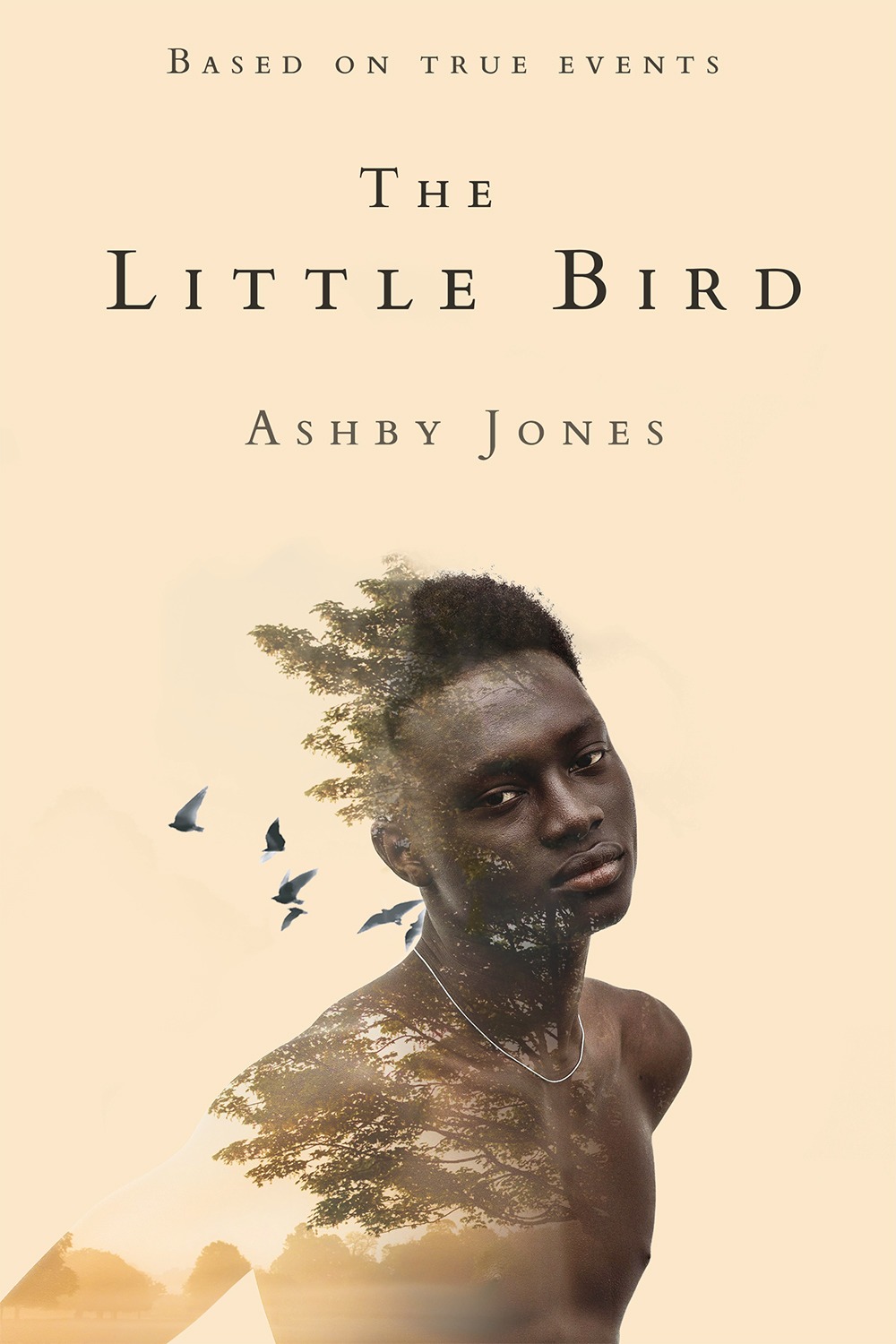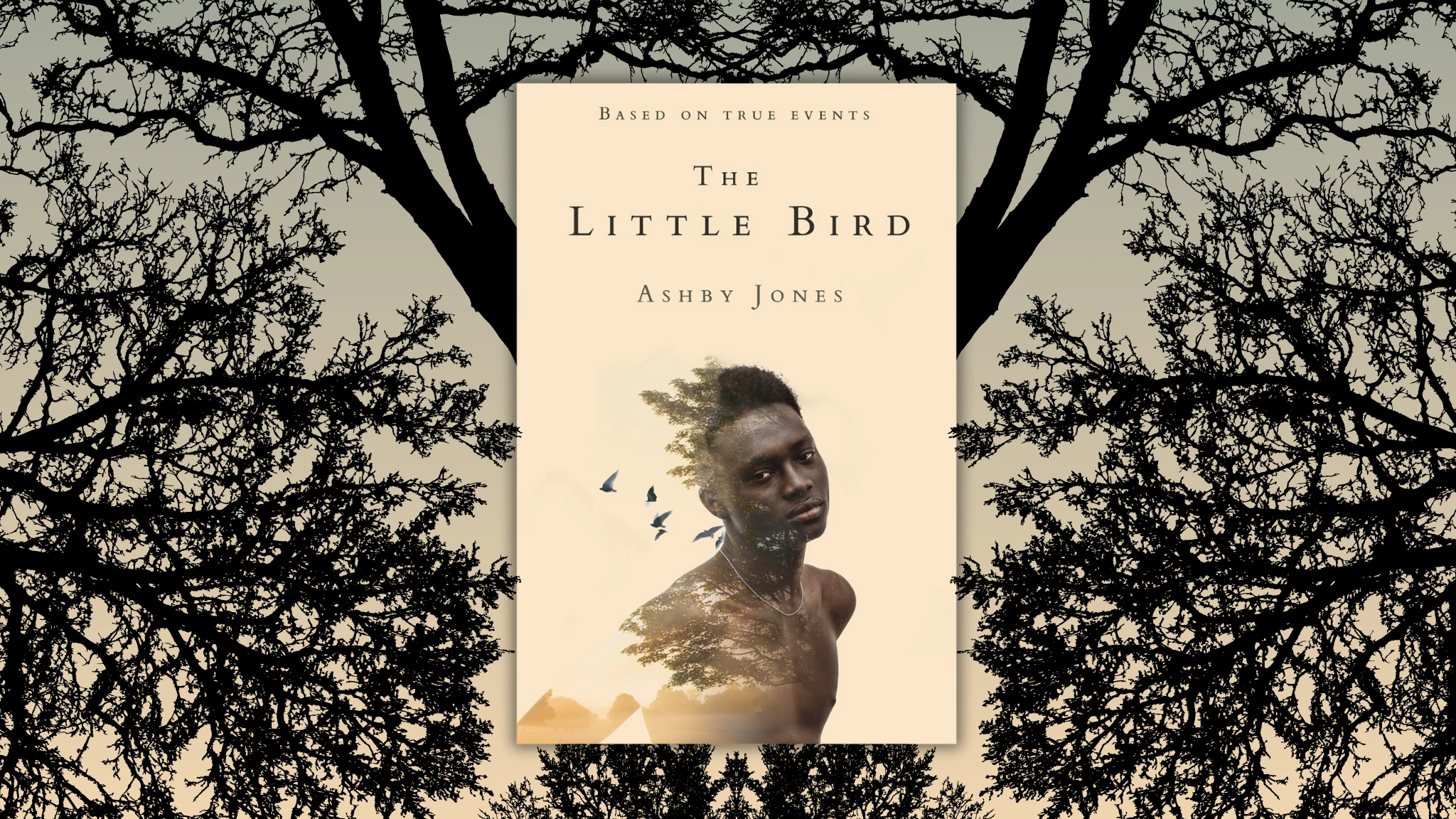The Little Bird by Ashby Jones
Set between 1964 and 1972 in Meridien, Virginia, The Little Bird is a true-life-based psychological novel by the historical fiction author of The Crossing, Ashby Jones. In The Little Bird, the murder of a black teenage boy by a white cop unites two kindred spirits who are individually grappling with grief and guilt.
Two Lives Bound by Tragedy
In 1964, Shane McCauley witnessed the murder of Jesse, his best friend and surrogate brother, by Sergeant Talley, a drunken white police officer. Feeling responsible for failing to protect his best friend, and devastated by the news that the court has declared Talley innocent, Shane joined the Marine Corps to escape his grief. Nearly eight years later, Shane returns to his hometown with a single mission: to avenge Jesse’s death by killing Talley.
Meanwhile, Suzanne de Ville is also back in Meridien for the anniversary of her father’s death. Her father, George de Ville, was the lawyer who failed to convict Jesse’s killer. George’s mental torment over his failure to convict Talley eventually led him to take his own life. Apart from her grief over her father’s death, Suzanne also carries her guilt of an unforgivable deed she has done. So just like Shane, she is back with a mission; she must uncover the truth behind her father’s failure and then follow in his final footsteps.
An Unexpected Connection
When Shane and Suzanne finally meet for the first time, their connection is instant and powerful. However, neither is aware of the other’s plans. As their bond deepens, they are torn between their desire for redemption and the possibility of a new path through love and forgiveness.
At its heart, The Little Bird is a psychologically moving tale about the union of two tormented souls who need to find healing in each other, amidst the chaos of their past. Jones’ writing style is rich in metaphors, symbolism and sharp dialogue. For example, in the scene where Suzanne explains how music communicates: “Not the words … but between the words … it’s your heart taking you on a journey with an imagined destination, like the sensation a little bird has when it leaves the nest.” This excerpt reveals Suzanne’s inner turmoil, as well as her perception of life as a fragile and unpredictable journey, much like the bird in flight. The metaphor of the bird, central to the novel’s title, encapsulates the emotional arc of both Suzanne and Shane as they navigate their complicated emotions and mental states.
The setting of The Little Bird plays a crucial role in the development of the story. The novel takes place in a small, racially segregated town, a place where the scars of racial violence run deep and where justice is elusive for its black residents. The black cemetery where Jesse is buried is a powerful symbol of this segregation. It’s not just a resting place for the dead, it’s also a physical manifestation of the racial divides that persist in the town. Shane’s visit to this cemetery, and his interaction with Jesse’s father, force him to confront the realities of the town’s racial history.
A Town of Divides
The town itself is both a physical and emotional landscape filled with memories of loss for both Shane and Suzanne. Shane, who was once a promising football star, abandoned his future after Jesse’s death to join the Marine Corps. Suzanne, who left the town to attend college after her father’s suicide, returns to end her life. Both characters are bound to the town not just by their pasts, but by the unresolved emotions tied to the tragedies that occurred there.
After discovering that The Little Bird is based on two true-life stories, I did some research and found an article about one of them. After reading it, I went back to the novel, and re-reading the story gave me goosebumps. Ashby Jones is an insanely talented writer who knows how to capture the reader’s heart — I felt as though I had been transported back to the 1960s. I experienced the anguish and pain of the characters deeply, and the helplessness of the Black community resonated with me. It was astonishing to realize that kind of cruelty and injustice actually happened in real life. Thank you, Ashby Jones, for crafting a moving tale that brings the truth to light.
About Ashby Jones:
 Ashby Jones has been writing historical novels for 50 years. With degrees in Literature and Clinical Psychology; Creative Writing at UCLA under the guidance of Leonardo Bercovici. Jones previously published: The Angel’s Lamp in 2017 which was well-received and reviewed by the Irish Times. Jones’s passion is writing literary fiction that attempts to understand mankind’s never-ending battles with irony, tragedy, blatant contradiction, and the anomalies of love. Such is the focus of The Crossing. He studied under such notables as William Hoffman, a best-selling author, and years later at UCLA under Leonardo Bercovici, a highly regarded screenwriter.
Ashby Jones has been writing historical novels for 50 years. With degrees in Literature and Clinical Psychology; Creative Writing at UCLA under the guidance of Leonardo Bercovici. Jones previously published: The Angel’s Lamp in 2017 which was well-received and reviewed by the Irish Times. Jones’s passion is writing literary fiction that attempts to understand mankind’s never-ending battles with irony, tragedy, blatant contradiction, and the anomalies of love. Such is the focus of The Crossing. He studied under such notables as William Hoffman, a best-selling author, and years later at UCLA under Leonardo Bercovici, a highly regarded screenwriter.






